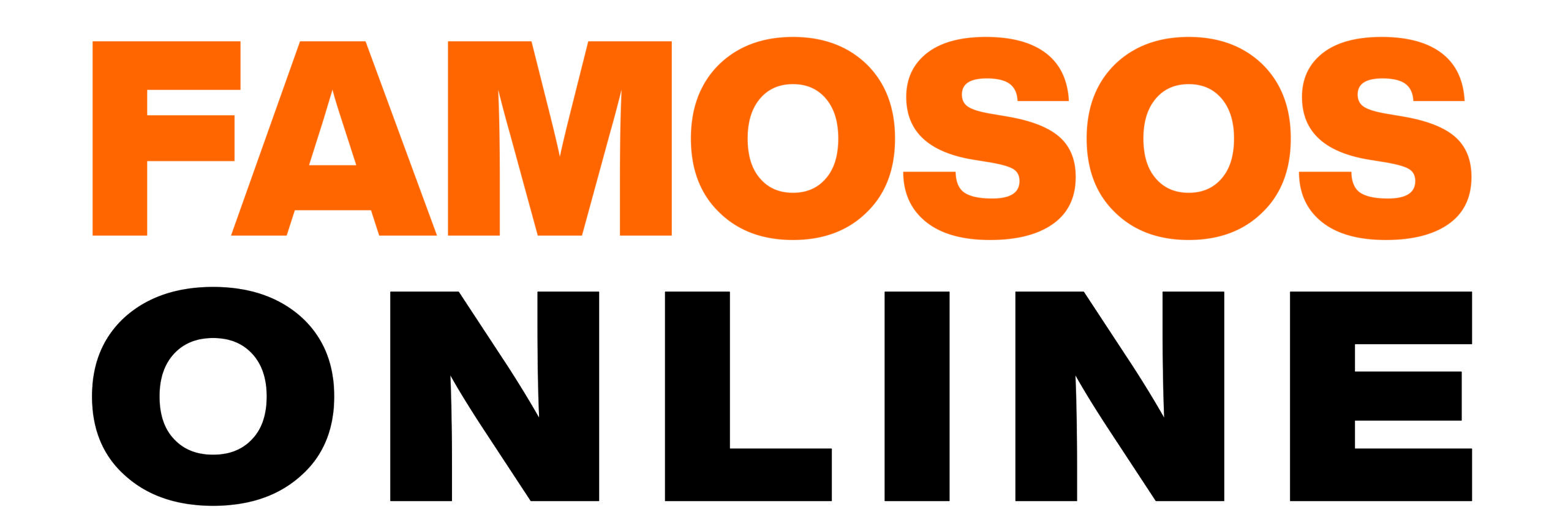virtual data room pricing what you need to know
Every year around $2tn in illicit cash flows into the global financial system despite the efforts of financial institutions and regulators to stop money laundering and terrorist financing. One way to stop illicit money is to use enhanced due diligence (EDD), a deep know your customer (KYC) process that digs into customers and transactions with greater fraud risks.
EDD is generally thought to be a higher degree of screening than CDD and may require more information requests, such as sources of wealth and funds corporate appointments, connections with other individuals or companies. It usually involves more thorough background checks, such as media searches, to identify any publically available evidence or evidence of reputational proof of criminality or other misconduct that could jeopardize the bank’s operations.
The regulatory bodies provide guidelines for when EDD should be activated. This is typically based on the type of customer or transaction and also whether the person who is being questioned is a politically exposed individual (PEP). However, it is up to each FI to make a subjective judgment on what triggers EDD in addition to CDD.
The key is to formulate good policies that make it clear to employees what EDD requires and what it doesn’t. This will help avoid situations that are high-risk and can lead to huge fines for fraud. It is important to have an identity verification process in place that will allow you to identify red flags such as hidden IP addresses, spoofing technologies, and fictitious identifies.
